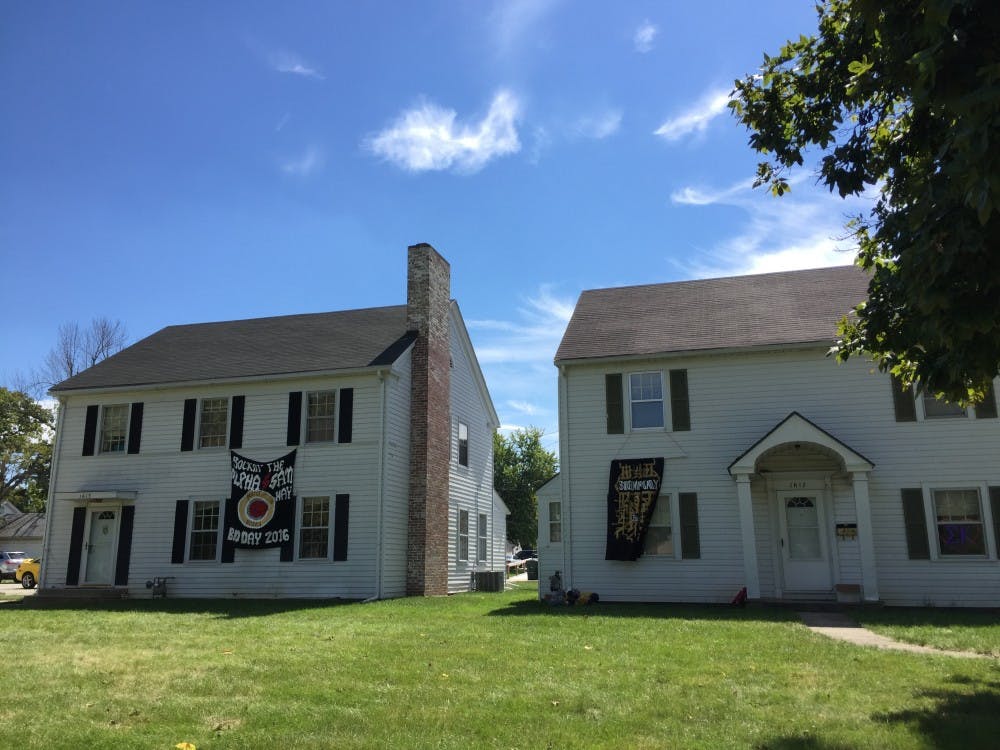Every time the beginning of the school year rolls around, the rumor mill starts to spin again.
One popular myth is that more than five women can’t live in a house together because it’s considered a brothel, which is oftentimes used to explain why Ball State doesn’t have sorority houses.
By whom it’s considered a brothel varies depending upon who you heard the rumor from — whether it be Muncie law, a Ball State rule, or even dating all the way back to the Ball Brothers not liking the idea of sorority women living together — but the gist is the same.
This rumor, however, is just that. There’s no factual basis behind it, and employees at the Muncie City Clerk’s office laughed when asked about it.
Melissa Peckinpaugh, Muncie city clerk, said she has never seen an ordinance that would prohibit more than five women from living in a house together.
Upon inspection of city ordinances, the closest thing was about group housing and the requirements for conditions and zoning of the house. There’s no mention of brothels or any limits on unrelated women living together.
But Ball State isn’t alone in believing this is a legitimate rule on campus.
Snopes debunked this rumor in 2011, citing confusion over old-time “blue laws,” or moral laws started by the Puritans, and newer zoning regulations.
“Some municipalities do indeed have zoning laws prohibiting more than a specified number of non-family members (male or female) from living together, but not even in those cases would a household in violation of those codes be labeled a brothel,” Snopes posted. “Brothels earn such designations solely on the basis of what goes on in them, not upon how many women inhabit particular buildings.”
Sorority and fraternity houses are usually exempt from these laws, Snopes said.
There’s a lot that goes into adding sorority houses to campus, said Melissa Ginotti, director of student life, like figuring out where they will go and the finances.
Typically, the decision to add houses stems from the preference of organizations at the university, the availability of housing and the culture or policies on campus, said Jonathan Coffin, media relations for the Panhellenic Council.
Ball State is investigating the possibility of building houses for sororities now. Because Greek Life is growing so much, it’s becoming hard to find space for everyone, Ginotti said in an interview with the Daily News in April.
Jim Rohrer, a psychology professor, said rumors like this often spread because they have some level of credibility or sound reasonable.
“For something to persist, the people who are doing it have to believe that it’s true or could be true,” Rohrer said.
He compared a rumor to the popular party game of “telephone,” where a word or phrase is whispered around a circle and the goal is to keep it as close to the original word as possible.
The word almost always is never the same as it was at the beginning of the game, Rohrer said, which is the same with rumors. As the rumor spreads, it starts to get bigger and fancier.
“It dials down to credibility,” Rohrer said. “Do you believe what you’re being told?”




